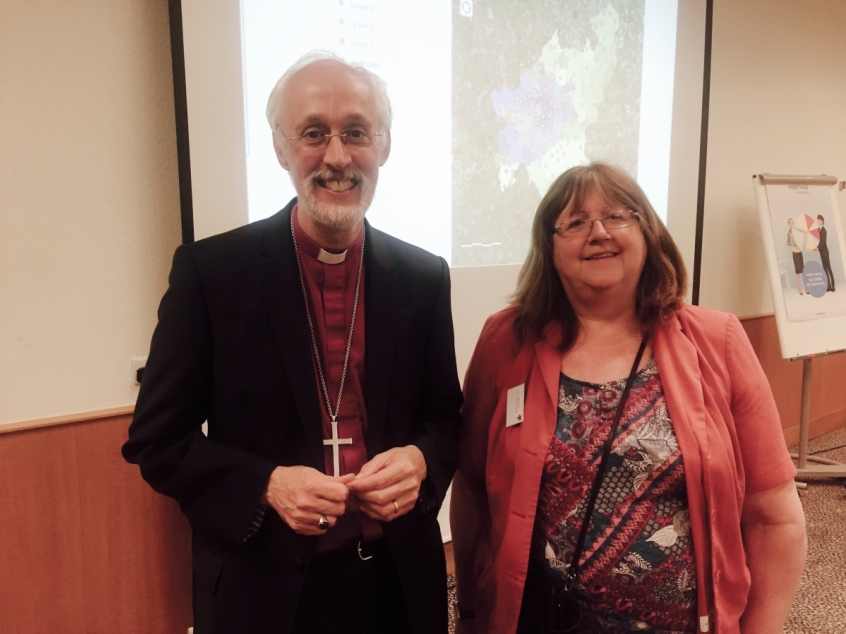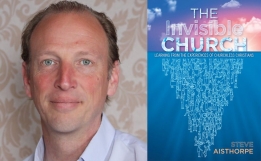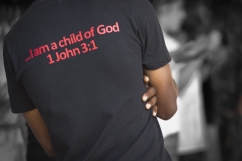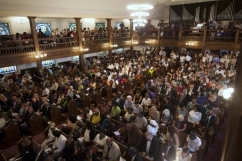
The story told is one of continual Church decline, with secularisation and other faiths on the rise against the retreating tide of Christianity.
But latest research in Britain shows the future might be brighter than many fear or imagine.
"The overall picture is less one of decline and more one of change," Steve Aisthorpe, a development worker with the Church of Scotland, told a church statistics conference in Birmingham.
"People are expressing their Christian faith in less institutional ways."
His qualitative and quantitative research over five years involving 10,000 people showed that about a third of those who no longer went to church were no longer christians. "About two-thirds of those who leave retain their faith," he said. "One thing that surprised me was the warmth that people generally expressed about the church. These were not people who were angry or negative about church."
He quoted Jesus in John 4:35: "I'm telling you to pen your eyes and take good look at what's right in front of you."
More than 182 million people are churchless Christians, according to the World Christian Encyclopaeda.
"Generally the idea of churchless faith is treated as a problem," he said. Lost people are seen as leakage and there is an assumption that "the dramatic decline in churchgoing means we are on path to deep and irrevocable secularisation."
The true picture was more complex. "The majority of people who have abandoned church have not lost their faith. Those who are in church on a Sunday morning are the tip of the iceberg."
Regarding why people stopped going to church, even when they remained Christian, he said: "Our research showed that most people who have left churhes have done so after a long period of frustration disappointment and difficulties."
People recounted feelings of anguish in the period leading up to it.
"Three's a kind of growing apart process. Many people struggled with issues related to relevance, such as of sermons. About half felt that church feels like another planet."
The answer was "consciously, proactively to celebrate diversity and allow those who are different from the current core group to be themselves."
Bishop of Manchester David Walker said the Church was made up of people who believe in evidence.
Referring to the recent Harvard research that showed people who go to church live longer, he added: "It doesn't prove that God exists of course. Just that they live longer they go to church."
Not asking the questions won't make the answers go away, he added.
"Sometimes in church there can be the feeling we don't want to know the unpleasant truth. It is only by understanding the reality that we cane engage with it."




















